
Senior writer Tina Hesman Saey is a geneticist-turned-science writer who covers all things microscopic and a few too big to be viewed under a microscope. She is an honors graduate of the University of Nebraska-Lincoln where she did research on tobacco plants and ethanol-producing bacteria. She spent a year as a Fulbright scholar at the Georg-August University in Göttingen, Germany, studying microbiology and traveling. Her work on how yeast turn on and off one gene earned her a Ph.D. in molecular genetics at Washington University in St. Louis. Tina then rounded out her degree collection with a master’s in science journalism from Boston University. She interned at the Dallas Morning News and Science News before returning to St. Louis to cover biotechnology, genetics and medical science for the St. Louis Post-Dispatch. After a seven year stint as a newspaper reporter, she returned to Science News. Her work has been honored by the National Academies of Sciences, Engineering and Medicine, the Endocrine Society, the Genetics Society of America and by journalism organizations.

Trustworthy journalism comes at a price.
Scientists and journalists share a core belief in questioning, observing and verifying to reach the truth. Science News reports on crucial research and discovery across science disciplines. We need your financial support to make it happen – every contribution makes a difference.
All Stories by Tina Hesman Saey
-
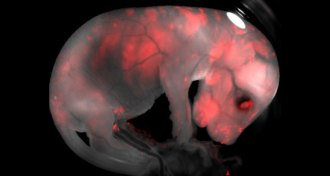 Life
LifeMouse cells grown in rats cure diabetes in mice
Mixing cells of two species produces pig and cattle embryos with some human cells.
-
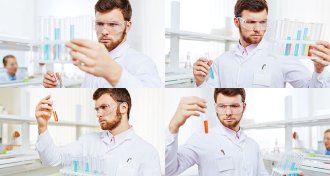 Science & Society
Science & SocietyCancer studies get mixed grades on redo tests
Replications of cancer studies fail to reproduce some results.
-
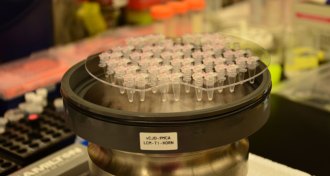 Health & Medicine
Health & MedicineNew blood tests can detect prions
Blood tests may detect prion disease in people even before onset of symptoms.
-
 Genetics
Genetics50 years ago, alcohol use was linked to several gene variants
50 years later, scientists are still searching for genes that influence drinking.
-
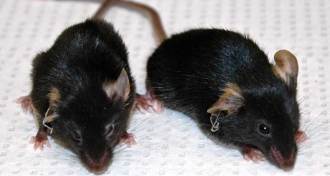 Genetics
GeneticsProteins that reprogram cells can turn back mice’s aging clock
Proteins that reprogram adult cells to an embryonic-like state can rejuvenate prematurely aging mice.
-
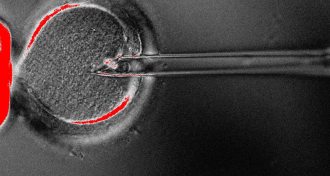 Genetics
GeneticsYear in review: ‘Three-parent baby’ technique raises hope and concern
Safety and ethical concerns surround controversial mitochondrial replacement therapy.
-
 Life
LifeZika induces brain cell die-off
Cell biologists are learning more about how the Zika virus disrupts brain cells to cause microcephaly.
-

-
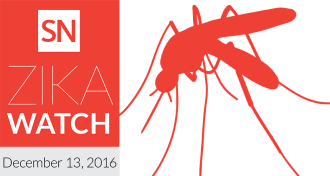 Life
LifeCell biologists learn how Zika kills brain cells, devise schemes to stop it
Cell biologists are learning more about how the Zika virus disrupts brain cells to cause microcephaly. Meanwhile, several strategies to combat the virus show preliminary promise.
-
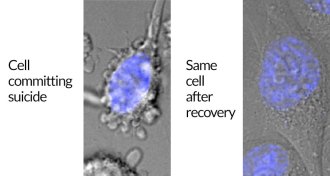 Life
LifeCells avoiding suicide may play role in spread of cancer
A newly discovered process can pull cells back from the brink of death.
-
 Genetics
GeneticsEpigenetic marks may help assess toxic exposure risk — someday
Exposure to things in the environment may change chemical tags on DNA and proteins, but it’s still unclear how to use that data to assess health risks.
-
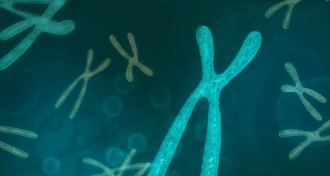 Life
LifeHaving an extra chromosome has a surprising effect on cancer
Extra chromosome copies may protect against, not cause, cancer.